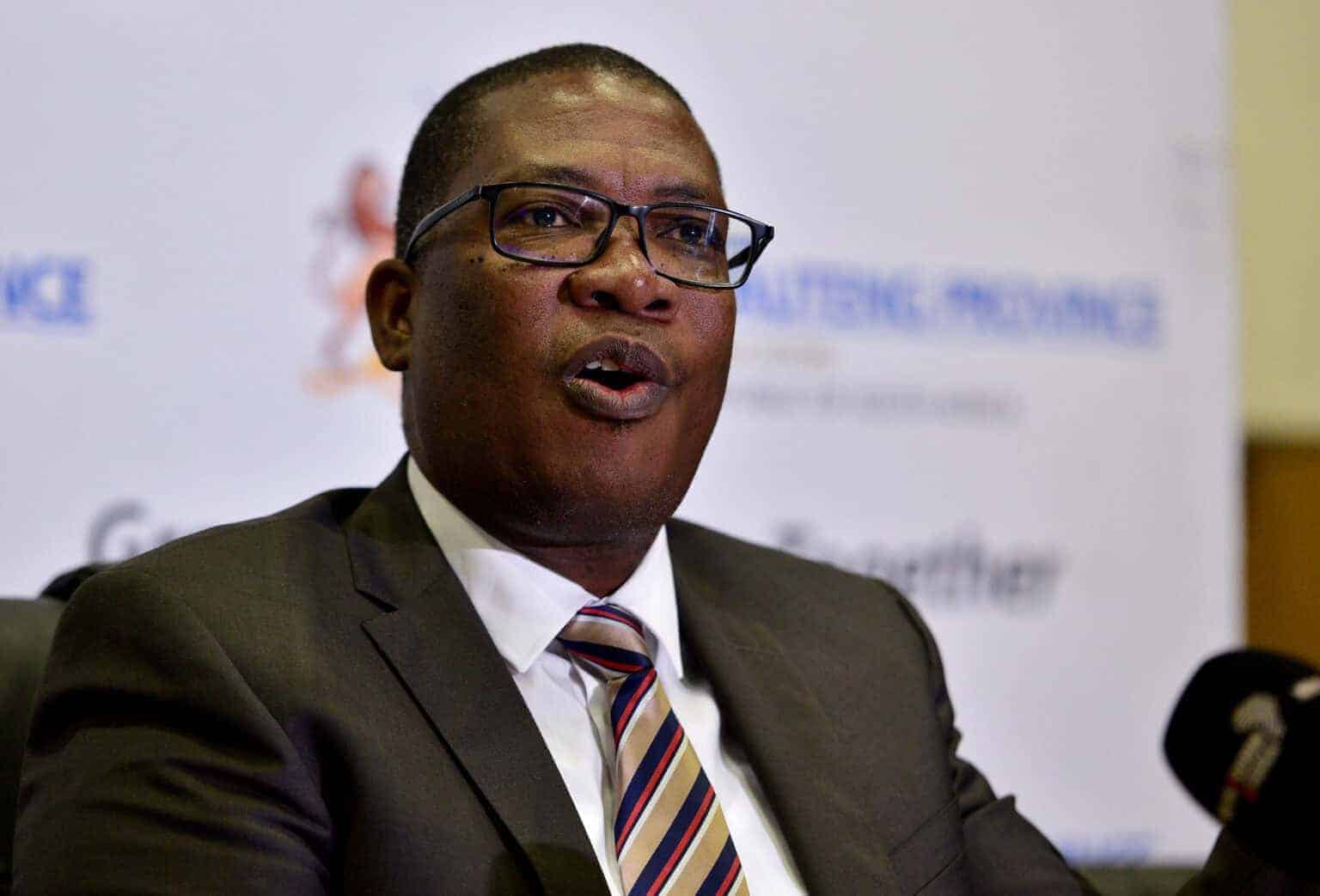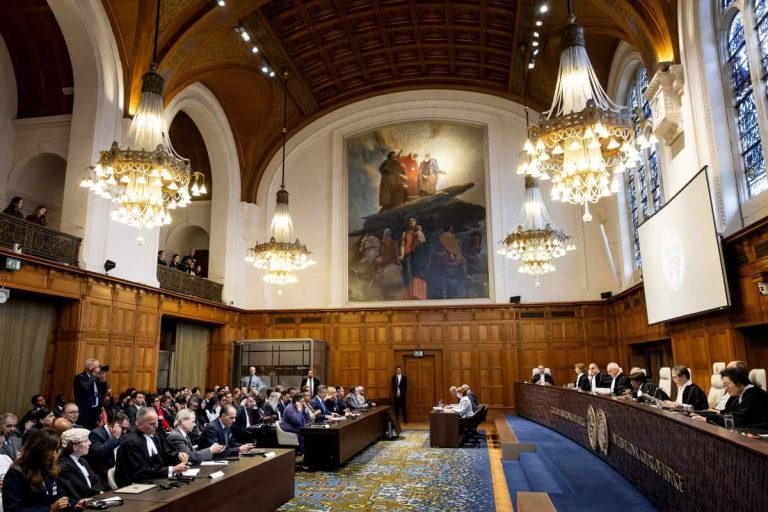
Gauteng Premier Panyaza Lesufi’s ambitious plan to assess 15 000 people struggling with substance abuse in a single day has drawn cautious responses from treatment professionals who question whether the scale allows for quality care.
While people in the industry have lauded the initiative, concerns have been shared regarding the feasibility of the one-day event.
Speaking at Jabulani Mall on 16 October, Lesufi announced that on 27 October, parents should bring children who are addicts and alcoholics to Orlando Communal Hall for assessment.
“On the 27th of October, bring all these kids who are addicts and alcoholics and leave them with me. I will rehabilitate them and transform their lives into what they are meant to be,” Lesufi said.
The premier said the initiative targets communities across Gauteng, including Soweto, Katlehong, Thembisa, Lenasia and Vanderbijlpark.
Individuals will be assessed to determine whether they need hospitalisation, rehabilitation or medication.
Lesufi said government will coordinate resources across multiple departments, including doctors and nurses, social workers and police.
“Doctors and nurses will be there and when they see if they should go to rehab, that’s where we’ll send them. You only need to give us your address and we’ll take him to rehab,” he said.
ALSO READ: VIDEO: Lesufi dedicates a day to give drug addicts access to doctors and rehab
Assessment concerns
However, Marius Swart, therapeutic director at Eagles View Wellness Centre, said the initiative is well-intended but presents significant challenges from a clinical perspective.
“A proper assessment for substance use isn’t just about identifying addiction — it involves understanding the individual’s medical history, mental health, social environment, trauma and readiness for change. These factors determine what type of intervention will actually help,” Swart said.
He warned that rushed or superficial assessments can lead to people being referred to the wrong level of care. This often results in treatment dropout or relapse soon after.
Furthermore, Swart said quality care at scale requires collaboration between government, private treatment providers and community-based organisations. Each must play a role within their expertise.
Vanessa Anne Poggiali-Trapani, a counsellor who is completing her master’s in community mental health promotion, agreed.
She noted that even with brief screenings, quality care requires standardised assessment tools, sufficiently trained staff to maintain ethical standards, and a centralised referral system.
Infrastructure constraints
Swart said South Africa’s rehabilitation system is not equipped to handle a sudden large influx of referrals.
“While there are many reputable treatment centres across the country, the reality is that resources are limited and access to care is deeply uneven,” he said.
Poggiali-Trapani and Swart said that one of the biggest challenges is financial accessibility.
Private rehabs operate as independent facilities that charge fees or work with medical aids.
This poses a huge issue as a large portion of South Africans either do not have medical aid or cannot afford private care.
“There are government-funded rehabilitation centres, but far too few to meet the growing need,” they said.
Late last year, the Department of Social Development said South Africa only has 35 rehabilitation centres in rural and township communities.
“There are 13 public treatment centres and [around] 300 centres in the country which are situated in the districts,” the department stated.
Furthermore, in July this year, the department revealed that 197 illegal or unregistered substance abuse rehabilitation treatment facilities were identified in the country.
Community centres and NGOs do their best to fill the gap but most are under-resourced and overstretched. They are often the first point of contact for people in crisis yet seldom have the clinical capacity to provide comprehensive long-term care.
Poggiali-Trapani noted that South Africa faces a shortage of qualified addiction professionals, especially in rural or township areas. Training and retaining social workers, counsellors and recovery coaches is just as vital as providing physical infrastructure.
ALSO READ: Ending gang crime requires community cooperation, says Masemola as Westbury teenagers are hunted
Continued care needed
Swart said referrals to rehabilitation facilities are only the first step. Sustained change depends on what happens after the referral.
“Too often, people are referred into treatment without enough preparation or follow-up. If someone enters rehab without personal readiness, family involvement or a clear aftercare plan, the chances of sustained recovery drop significantly,” Swart said.
He said treatment must be holistic, addressing not just addiction but the person’s mental health, family dynamics and life skills.
Poggiali-Trapani said referrals are most effective within a continuum of care that includes screening, treatment and aftercare, supported by community, peer and family involvement.
Risks that come with one-off events
From a treatment perspective, Swart said a one-off event can raise awareness and identify people in need but offers limited long-term value without an ongoing structure behind it.
“Addiction is a chronic and relapsing condition, not something that can be addressed in a single day or with a once-off intervention,” he said.
Both Swart and Poggiali-Trapani said when people are assessed, promised help and then left waiting or unsupported, it can create false hope, reinforce feelings of abandonment or distrust, and push individuals further into hopelessness or relapse.
“What’s truly needed is a systematic, long-term treatment infrastructure — one that includes prevention, early intervention, detox, residential care, aftercare and community reintegration,” they stated.
They added that one-off campaigns can be a good starting point for engagement but must form part of prolonged care.
“Without proper follow-up, tracking and aftercare, most of those 15 000 people will simply fall through the cracks — and we’ll find ourselves repeating the same crisis cycle again in a few months’ time.”
Poggiali-Trapani noted that the lack of integrated data systems across departments means follow-up can be fragmented.
ALSO READ: Rehab or cult? TRC ex-patients look towards collective civil, criminal case
Government preparation
Lesufi said government has been preparing this initiative for the last two years.
“We at [Gauteng] government have been preparing this for the last two years, preparing facilities, funding NGOs, getting the beds, getting the medication, so that you don’t run out of those things that when we want young people to come to us,” he said.
He said each township will have a place on 27 October where people must bring their children. The communication team will announce these locations.
Lesufi said new approaches are needed after previous strategies failed.
“I’m of the view that there’s nothing wrong in trying new attempts, new ideas, new strategies and new programmes because this issue has been there for years,” he said.
He said government is not claiming it will succeed but wants to give it a try.
“But I can tell you, young people who are going through difficulties with drugs are not 15 000. That’s [far more]. But if you can pull 15 000 out of communities and try again, pull another 15 000, I can tell you, we’ll have made a dent in ensuring that it will resolve the problem,” Lesufi said.
Cost and enforcement
The premier said every Wednesday, he meets with departments to pull resources together. The Department of Health, Department of Social Development, Department of Sports, and the Liquor Board are all contributing resources.
When asked about costs, Lesufi said government is gathering resources from the departments.
“The cost of having children that are not going to school, the cost of having children that are sleeping under the bridges, the cost of not having people that can contribute to the economy of this country is far ahead than the cost of assisting them,” he said.
Lesufi also announced enforcement action against drug dealers and unlicensed alcohol vendors.
“I want those ones who sell them these drugs. On the 27th of October it will go down here in Gauteng. We are busy working with the police to catch these people. We are tired of people selling drugs to our children,” he said.
He added that alcohol vendors who sell without liquor licences must have their paperwork in order by 25 October. Those who don’t close their taverns at 8 o’clock at night as stipulated by their licences will have those licences retracted.
Lesufi appealed to parents not to hide children struggling with addiction.
“I’m just saying to the community, please don’t hide those children. Don’t lose hope. Don’t abandon them. Bring them to us so that we can assist them,” he said.
READ NEXT: Here’s the amount of drugs that were confiscated in SA’s prisons last year


